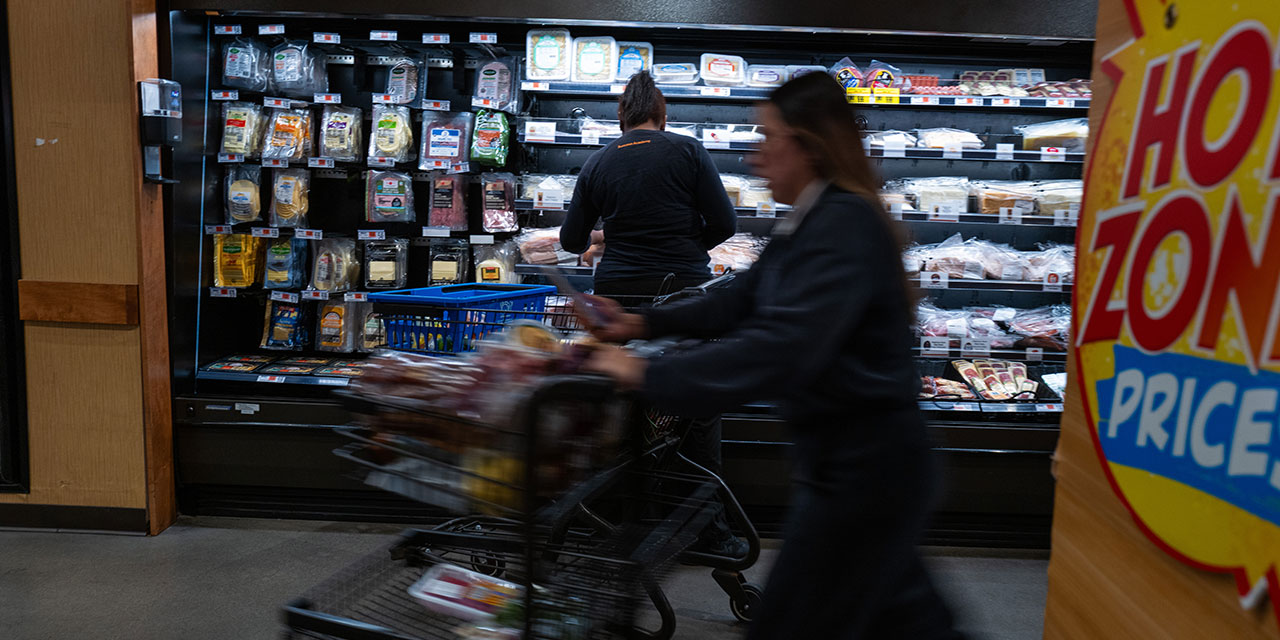
Zohran Mamdani, who today could win New York City’s Democratic mayoral primary, believes that creating a network of city-run grocery stores is a good idea. It is proposals like this—bold and headline-grabbing, yet with a certain touch of what The Atlantic has called “magical realism”—that first put him on the public’s radar. But not everyone is impressed, including the business owners and customers I recently spoke with on behalf of City Journal.
Hamza, a business owner who runs Appleton’s Marketplace on West End Avenue, told me he understood the reasoning behind the proposal. “The cost of living is only getting higher,” he said. “If these stores were limited to those on lower incomes, then I’m not necessarily opposed.”
Finally, a reason to check your email.
Sign up for our free newsletter today.
Still, he wasn’t convinced the city could implement such a scheme effectively. “His intentions might be great,” Hamza said of Mamdani, “but it could easily result in corruption and money laundering, like we’ve seen in some of the other agencies.”
Asked whether he saw Mamdani’s plan to operate stores at lower costs by using vacant city land as unfair competition for his own business, Hamza stressed, again, that this might not be the case if those stores were limited to low-income shoppers. “It might even save me money, since a lot of people come in to steal and threaten my staff,” he said.
The Mamdani campaign has not indicated that the government-run stores would be limited to low-income residents. But Hamza’s response points to a deeper obstacle: opening municipal groceries would not address the underlying forces driving grocery store closures in parts of the city—namely, crime and poverty. After all, it was the rampant shoplifting of recent years that led to mass retail closures in the first place, as Steven Malanga has observed.
Another argument for the city-owned stores is that they would be able to cut prices by minimizing profit margins. But private grocery chains aren’t exactly price gouging—net profits average a razor-thin 1 percent to 2 percent. One woman I spoke with, a member of a food cooperative in Lower Manhattan, said she wasn’t sure “how it could work given the prices at our own nonprofit aren’t any lower than regular grocery stores.”
Eliminating rent by building on city-owned land might help keep prices down. But those savings could easily be offset by the city’s lack of experience in running retail operations. Mamdani also wouldn’t benefit from the economies of scale that larger retailers enjoy, and no supply chains are currently in place. “He’s trying to be Amazon,” said Carlos, who owns a small bodega in Hell’s Kitchen, “but New York just doesn’t have that capacity at this point.”
Almost everyone I spoke with expressed concerns about the corruption that could result from the plan. At Gardenia Deli in midtown, one clerk said he believed it would just “line the pockets” of those in charge. Another customer chimed in to say that city-managed groceries would be “as well-run as the U.S. Postal Service.”
Mamdani’s website laments that Gotham already “spends millions of dollars to subsidize private grocery store operators,” which, he adds, “are not even required to take SNAP.”
But what problem, exactly, is he trying to solve? If it is “food deserts”—areas without access to grocery stores, which may or may not exist in New York—then the city would be wise to assess what barriers currently exist. Is the problem crime, lack of leasable land—which could be addressed by zoning reform—or low incomes?
Mamdani assumes that he knows the problem (corporate greed) and tailors his solution accordingly. But since grocery stores aren’t making large profits, his plan is unlikely to deliver meaningfully cheaper goods. What savings could be achieved by eliminating rental costs will likely be vastly outweighed by a lack of supply chains and scalability, and by theft and criminal damage. Only by pouring heavy subsidies into the operation could the city keep it running.
The result would be a poorly run, taxpayer-funded grocery store that will have little impact on the high cost of living. New York’s small-business owners, and the rest of us, are right to be skeptical.
Photo by Spencer Platt/Getty Images
City Journal is a publication of the Manhattan Institute for Policy Research (MI), a leading free-market think tank. Are you interested in supporting the magazine? As a 501(c)(3) nonprofit, donations in support of MI and City Journal are fully tax-deductible as provided by law (EIN #13-2912529).
Source link

















